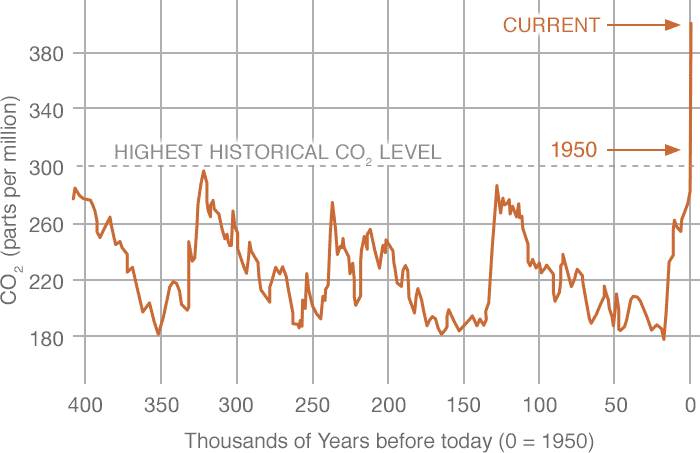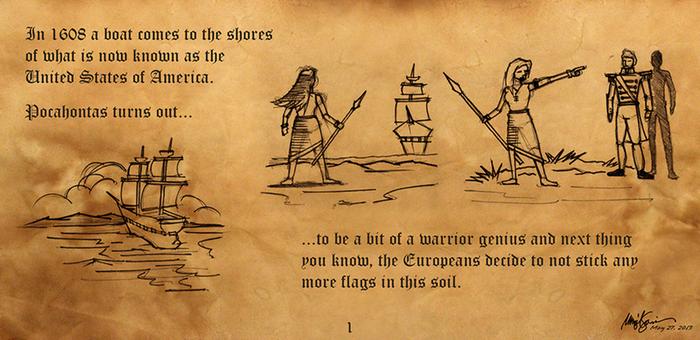

 2
2




Erica Wisner wrote:So poor people and old money know how to save money.
So who tries to prove they are rich by spending extra money? Insecure people. Doing it constantly is pretty adolescent behavior.
But we do have a pretty adolescent culture, don't we?
Unfortunately, adolescent insecurities don't take kindly to being told they're acting juvenile.
-Erica
Ask me about food.
How Permies.com Works (lots of useful links)

 3
3




 6
6




Dan Boone wrote:
Alder Burns wrote:What is more, we are a radically de-skilled culture where so many no longer know how to live frugally.
Not just de-skilled, but also de-tooled. An awful lot of "do for yourself" and frugality undertakings require a minimum of tools. Tools cost money, and are mostly consumerist crap that breaks almost as fast as you can get it out of the store. Good tools -- like the kind my grandpa had in his toolbox -- are brutally expensive, and knowing how to find them is another one of those missing skills.
Dan Boone wrote:GoodTools -- like the kind my grandpa had in his toolbox -- are brutally expensive...
Pecan Media: food forestry and forest garden ebooks
Now available: The Native Persimmon (centennial edition)

 1
1




 1
1





Pecan Media: food forestry and forest garden ebooks
Now available: The Native Persimmon (centennial edition)

 5
5




 4
4




Living a life that requires no vacation.

 2
2




 2
2




Joseph Lofthouse wrote: (The graph conveniently stops at 400,000 years ago.)
Joseph Lofthouse wrote:I don't care about the science. What I do care about is the narrative: how the story is being told, and who benefits from telling this particular story in this particular way.
Pecan Media: food forestry and forest garden ebooks
Now available: The Native Persimmon (centennial edition)
 2
2




Living a life that requires no vacation.
 3
3




Stacy Witscher wrote:To a certain extent, does it matter? Regardless of whether it's entirely man-made or not, it will make the planet uninhabitable for humans, and whether or not one cares is a separate issue. Goodness knows I'm not a people person, and in all likelihood the planet will survive even if humanity does not, but I'm still going to do things to help, not hurt, that's just who I am.
Pecan Media: food forestry and forest garden ebooks
Now available: The Native Persimmon (centennial edition)

 2
2





 1
1




 3
3




Joseph Lofthouse wrote:I love you Dan. Corresponding with you is never a waste of my time....
Joseph Lofthouse wrote:The story that I'm telling, is that global warming started 20,000 years ago, and that the amount of carbon dioxide that people are contributing to the ecosystem is minuscule when compared to the huge quantities that mother generates.
Joseph Lofthouse wrote:
In any case, my personal responsibility is something like a ten billionth of humanities influence. My neighbors will be unlikely to start living within their solar budget until it's forced on them by population overshoot. It's just as unlikely that I will, so I'm not judging or pointing fingers, just feeling fatalistic.
My basic outlook on the world, is that life lives, and will find a way to keep on living despite anything that puny humans do or don't do.
Pecan Media: food forestry and forest garden ebooks
Now available: The Native Persimmon (centennial edition)
 4
4




 1
1




“The most important decision we make is whether we believe we live in a friendly or hostile universe.”― Albert Einstein
 2
2





"Study books and observe nature; if they do not agree, throw away the books." ~ William A. Albrecht
 5
5




It bugs me that interest in electric cars is huge while rocket mass heaters are getting less than 1% of the attention. Don't get me wrong, I applaud the electric car. I just think interest in stuff about our heat would be bigger.
Our Microgreens: http://www.microortaggi.it
 1
1
 1
1




Country oriented nerd with primary interests in alternate energy in particular solar. Dabble in gardening, trees, cob, soil building and a host of others.
 1
1




Finally! An Online Garden Master Course for permies!
How Permies.com Works


 3
3









|
Until you dig a hole, plant a tree, water it and make it survive, you haven't done a thing - Wangari Maathai
Learn Permaculture through a little hard work
https://wheaton-labs.com/bootcamp
|







